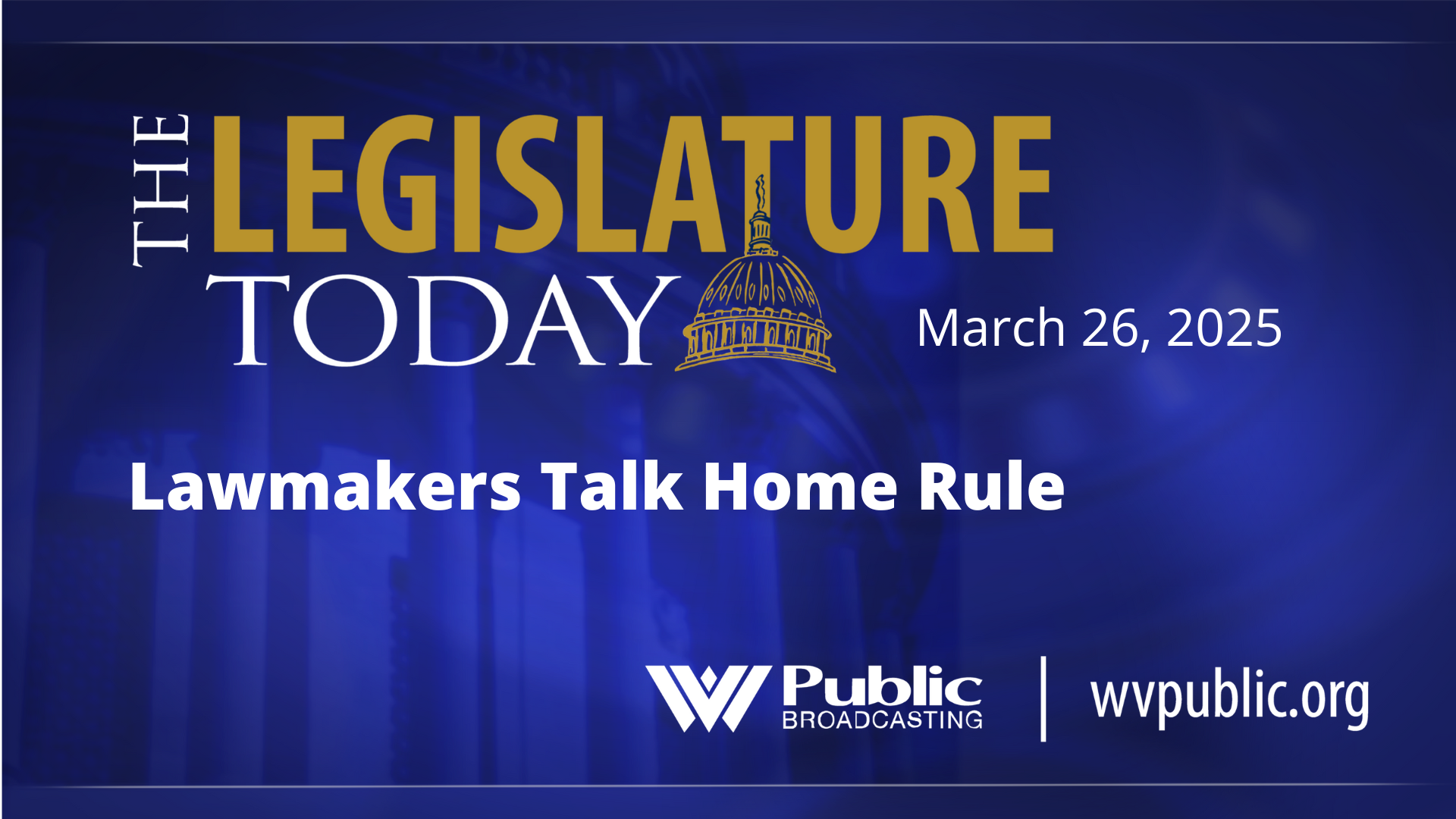Under current code, the Department of Human Services is required to reunite siblings if circumstances allow it, but the bill now makes reunification permissive.
House Bill 2027 changes the circumstances for when a child may be removed from a foster home, specifically in cases of sibling reunification.
Under current code, the Department of Human Services is required to reunite siblings if circumstances allow it, but the bill now makes reunification an option rather than a requirement and places the same standards on reunification as on a normal termination of foster care arrangements.
Del. Elliot Pritt, R-Fayette, grew emotional while speaking about the opportunities his father gained when he went through the foster system by staying with a stable family and away from his dysfunctional biological family.
“My dad stayed in the same foster family for 15 years, 14 to 15 years, a family in Fayetteville, last name, last name of the Smiths,” Pritt said. “All of my dad’s siblings were eventually returned to their parents and very few of them, if any, have lived a successful life by anything that we would measure as successful. But you can see in the notes that are in my dad’s CPS file, the care and concern that those workers had for him, knowing that the worst thing that could happen to him was for him to go back to his family.”
Del. Brandon Steele, R-Raleigh, was one of the lone voices of dissent. He said keeping siblings together in the foster care system was intended to give children a connection back to what he called their “blood tie”.
“Those children will be forever marked,” Steele said. “The one thing left in code that we had, depending on how this vote goes, is, ‘Do those children have the ability to maintain their blood tie with their siblings?’ That’s all they got left. That’s all they got left. We have the lowest reunification rates in the nation. We have the highest termination rates in the nation.”
Last month, a federal judge declined to hear a class-action lawsuit brought against West Virginia’s foster care system, stating it was not the court’s role to craft public policy. In his order, U.S. District Judge Joseph R. Goodwin wrote that “the blame squarely lies with West Virginia state government.”
Del. Jonathan Pinson, R-Mason, and the bill’s lead sponsor, shared some of his experiences as a foster parent. Pinson discussed the disruptive impact of losing a foster child to sibling reunification before ultimately welcoming that child and his siblings back into his home.
“We thought it was in his best interest to stay with the family that he only ever know, that he’s only ever known, to no avail. They removed him for a period of about two and a half years,” he said. “We now have he and his two biological brothers in our home. The previous foster placement that they were in was, I’m choosing my words carefully here, less than ideal for them, and as a result, he was going to be bounced from our home to that home, to another home, and now with his two other brothers. So my wife and I made the decision to allow all three of them into our house.”
Del. Adam Burkhammer, R-Lewis, and the chair of the House Human Services Committee, closed debate by stating the need for decisive action on foster care issues.
“Plan A is always for the kids to go home,” he said. “Still in the bill, a mandate still exists for biological families to be preserved, but we need to work on plan B sooner. We don’t need to wait 18 months and decide this isn’t going to work.”
House Bill 2027 ultimately passed the House of Delegates on a vote of 97 to 2 and now goes to the Senate for further consideration.
*Note: Emily Rice contributed reporting to this story.

